Health & Medicine
-
 Neuroscience
NeuroscienceSpinal cord work-around reanimates paralyzed hand
A neural prosthesis can bypass a severed spinal cord, allowing a paralyzed hand to once again move.
-
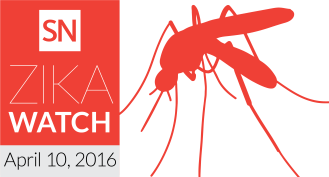 Health & Medicine
Health & MedicineThis week in Zika: New mouse model, virus vs. placenta, nerve insulation loss
In three new papers, scientists present a tool for studying Zika, strike down a theory of infection and offer a broad look at what the virus does to the brain.
By Meghan Rosen -
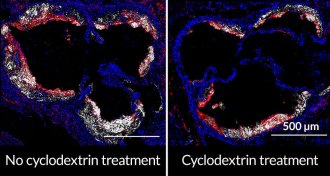 Health & Medicine
Health & MedicineA sugar can melt away cholesterol
A sugar called cyclodextrin removes cholesterol from hardened arteries in mouse studies.
-
 Climate
ClimateScience’s inconvenient (but interesting) uncertainties
In the latest issue of Science News, Editor in Chief Eva Emerson talks climate change, mouth microbes, and synthetic life.
By Eva Emerson -
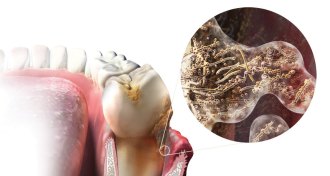 Health & Medicine
Health & MedicineGum disease opens up the body to a host of infections
Researchers are getting to the root of gum disease's implications for other diseases.
By Laura Beil -
 Neuroscience
NeuroscienceHippocampus makes maps of social space, too
The hippocampus is a multitalented mapmaker.
-
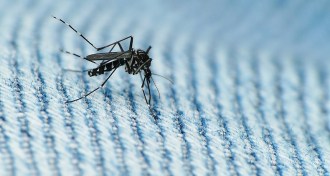 Health & Medicine
Health & MedicineFive things to know about Zika
Last week, a public health poll pointed to some myths that have been circulating about Zika. Let’s bust them.
-
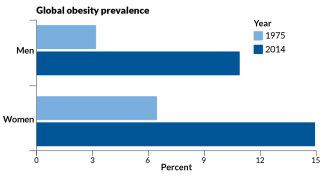 Health & Medicine
Health & MedicineGlobal obesity rates continue to climb
Despite public health campaigns, the worldwide prevalence of obesity is on the rise, an analysis of BMI data suggest.
By Meghan Rosen -
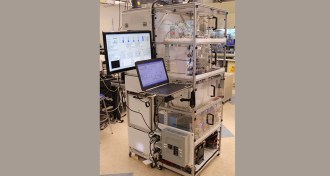 Health & Medicine
Health & MedicineMachine makes drugs on demand
A new drug-making system rapidly produces a variety of medications on demand.
-
 Health & Medicine
Health & MedicineFridge-sized contraption makes drugs on demand
A new drug-making system rapidly produces a variety of medications on demand.
-
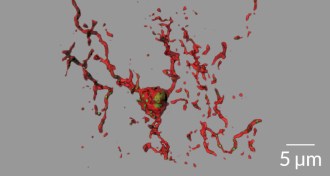 Neuroscience
NeuroscienceNerve cell links severed in early stages of Alzheimer’s
Nerve cell connections may be trimmed too much in early stages of Alzheimer’s.
-
 Health & Medicine
Health & MedicineEnvironment still tied to MS risk
50 years ago, scientists reported a possible connection between the environment and multiple sclerosis risk.